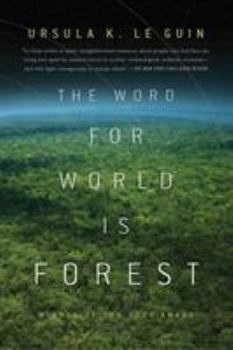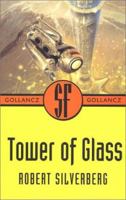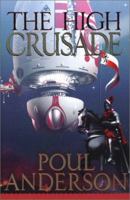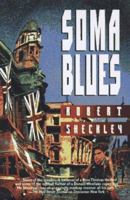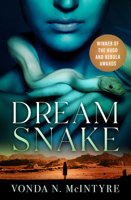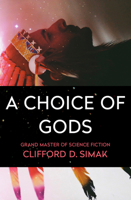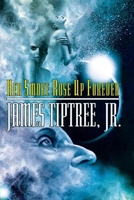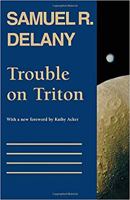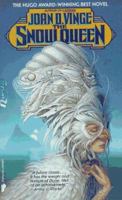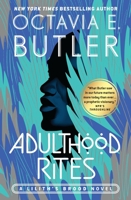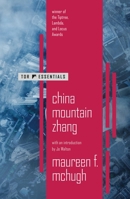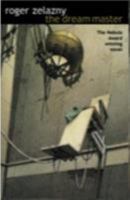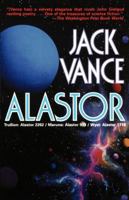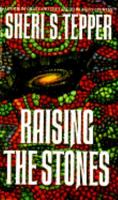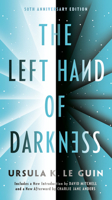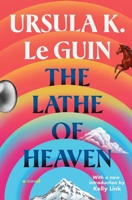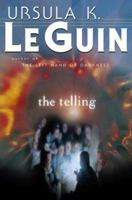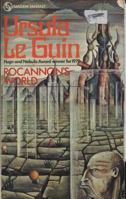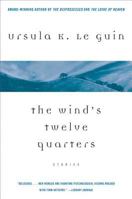You Might Also Enjoy
Book Overview
The award-winning masterpiece by one of today's most honored writers, Ursula K. Le Guin
The Word for World is Forest When the inhabitants of a peaceful world are conquered by the bloodthirsty yumens, their existence is irrevocably altered. Forced into servitude, the Athsheans find themselves at the mercy of their brutal masters. Desperation causes the Athsheans, led by Selver, to retaliate against their captors, abandoning their strictures against violence. But in defending their lives, they have endangered the very foundations of their society. For every blow against the invaders is a blow to the humanity of the Athsheans. And once the killing starts, there is no turning back.Customer Reviews
Rated 5 starsA childhood favorite.
I read this in highschool, and it has stayed with me for (ahem) almost 30 years. THAT is staying power. An intelligent, demanding dream.
1Report
Rated 5 starsA Study in Xenoethnicity
What is truly at the heart of the conflict between Athsheans and Terrans is the basic recognition that both are in fact, equally sentient. They are fellow human beings, who may have adapted differently to different environments, but who share much in spite of it. Selver is a sha'ab, a translator and god, who learns Terran culture and brings it back to his own. What he learns is murder and war. There is no reversing the knowledge...
1Report
Rated 5 starsGreat Plot, Great Story
This novel moves along. No wasted words. Sharp, pertinent symbolism, surreal imagery, and great dialogue abound.Unfortunately, I think Le Guin picked a title that prompts ordinary folk to go: huh? "The Word for World Is Forest," however, is a Le Guin masterpiece. It is charged with the best in her, the energy of her earlier days. At her worst, Le Guin's writing can be pedantic and sleep-inducing. Yet she has written so much...
1Report
Rated 5 starsParadise Lost?
On the planet Athshe, there is no word for war, there is no concept of murder, there is no language of hate. The world is one vast, green, gentle forest full of people who live between the world-time and the dream-time, who resolve their conflicts by means of ceremonial singing. Then the Terran League discovers Athshe's existence and a pattern of "colonization"-very similar to the exploitation of "primitive" cultures on...
1Report
Rated 5 starsPrime Le Guin
You can count on one thing after reading a Le Guin novel: a lot to think about afterward. This book tells of future Earthlings, who have invaded a lushly forested planet called Athshea. The natives are meter-tall humanoids covered in green fur, a peace-loving tribal culture. All the humans do seems destructive and senseless, and they decide they must find a way to make them leave. Obviously an analogy of European/American...
0Report










